You are here:
- Home
- Product
- Food and pharmaceutical industries
- trisodium phosphate
Product code: N/A
trisodium phosphate
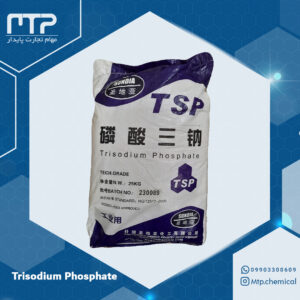
Trisodium Phosphate (Na3PO4) is a chemical compound that acts as an emulsifier and a strong alkaline substance with a pH of 12. It is easily soluble in water and is widely used in the food industry. This compound is utilized to improve the texture of cheese, maintain the viscosity of milk, and prevent phase separation in frozen milk. For information on pricing and purchasing this product To buy and know the price of this product, contact the telephone number Maham Tejarat Pagdar company.
01732220442-01732255539
02186053798
09903300609
Description
Characteristics
No Reviews
Description
What is Trisodium Phosphate?
Trisodium Phosphate (TSP) is an inorganic compound with the chemical formula Na3PO4. This substance appears as a white powder with colorless crystals that dissolve in water to form an alkaline solution. It is also known by other names such as Pentasodium Triphosphate, STPP, water softener, and sugar purifier. The melting point of TSP is 735°C, and its solubility in water at 0°C is 1.5g/100ml.
This compound acts as an emulsifying agent. TSP is a strong alkaline substance with a pH of 12, widely used in the food industry. It is utilized to improve the texture of cheese, maintain milk viscosity, and prevent phase separation in frozen milk. Additionally, TSP is used in rubber production, detergents, and photographic printing. In laundry detergents, it helps remove water hardness. TSP also serves as a preservative.
Applications of Trisodium Phosphate
Cleaning
TSP was once commonly used in high-consumption soaps and detergents and was primarily applied in cleaners. Its high pH makes the solution sufficiently alkaline to remove grease and oils. When combined with surfactants, TSP becomes an excellent cleaning agent for various applications. This versatility and low production cost made industrial TSP a cornerstone of many mid-20th-century cleaning products.
Soldering
In the United States, TSP is an approved flux for use in hard soldering connections in medical-grade copper plumbing. The flux is applied as a concentrated water solution, dissolving copper oxides at soldering temperatures. The residues are water-soluble and can be rinsed off before the plumbing is put into service.
Painting
TSP is still commonly used for cleaning, degreasing, and brightening walls before painting. It removes the gloss of oil-based paints and opens the pores of latex-based paints, providing a suitable surface for the next layer to adhere.
Food Additive
Sodium phosphates, including monosodium phosphate and disodium phosphate, are approved food additives in the European Union (E339). They act as acidity regulators and have various applications in food products. The U.S. FDA generally recognizes sodium phosphates as safe. They are used as thickening agents, acidity regulators, emulsifiers, and nutritional enhancers in foods like meat, cheese, and baked goods.
Athlete Supplements
TSP is used as a dietary supplement that can improve certain parameters of athletic performance since phosphates are essential for the energy-producing Krebs cycle in aerobic metabolism. Although TSP itself is not toxic, it can be very irritating to the stomach lining unless used as part of a buffered solution.
Ceramics
Industrial TSP can be used in ceramic production to reduce the melting point of glazes.
Boilers
Phosphate compounds react with any remaining hard water compounds, creating soft sludge that can be removed through blowdown. TSP is the most common compound used for low-pressure boilers. Phosphates also remove or scavenge residual oxygen and create a pH buffer to minimize corrosion potential.
Production Method of Trisodium Phosphate
TSP can be produced by neutralizing phosphoric acid with sodium carbonate. This reaction yields disodium hydrogen phosphate, a significant phosphate derivative. The reaction with sodium hydroxide produces trisodium phosphate:
Na2CO3 + H3PO4 → Na2HPO4 + CO + H2O
Na2HPO4 + NaOH → Na3PO4 + H2O
Purchasing Trisodium Phosphate
TSP is widely used in various applications, making its procurement essential for different industries. Maham Tejarat Paidar Company, with its expertise in trade and knowledge of the chemical supply market, has become a trusted supplier for manufacturers. You can procure the highest quality TSP in various quantities promptly through Maham Tejarat Paidar’s supply chain.
Characteristics
No Reviews
Be the first to review “trisodium phosphate” Cancel reply
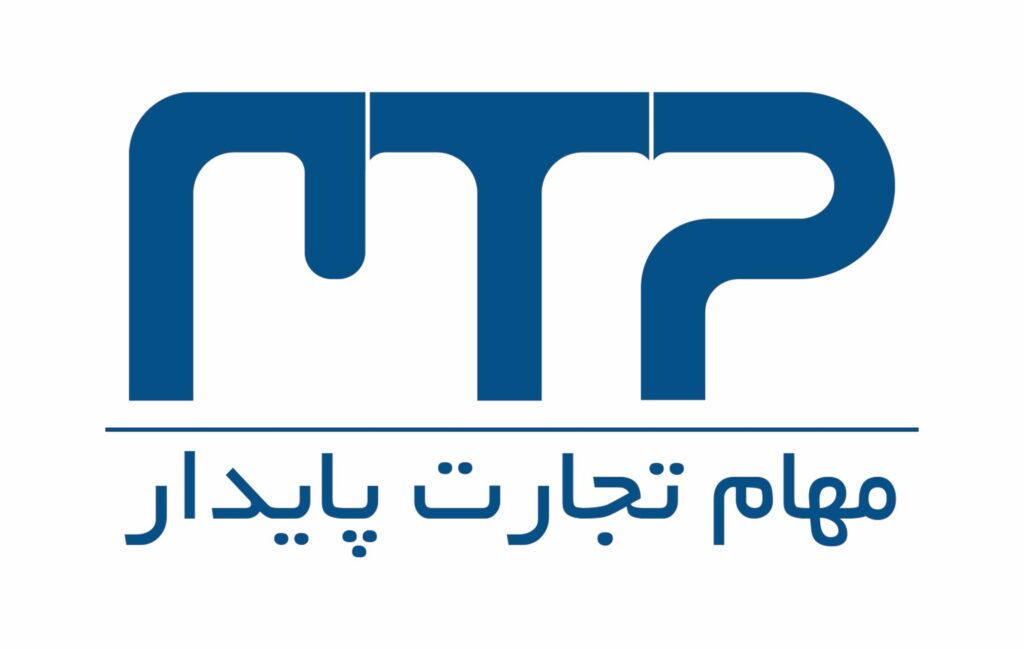
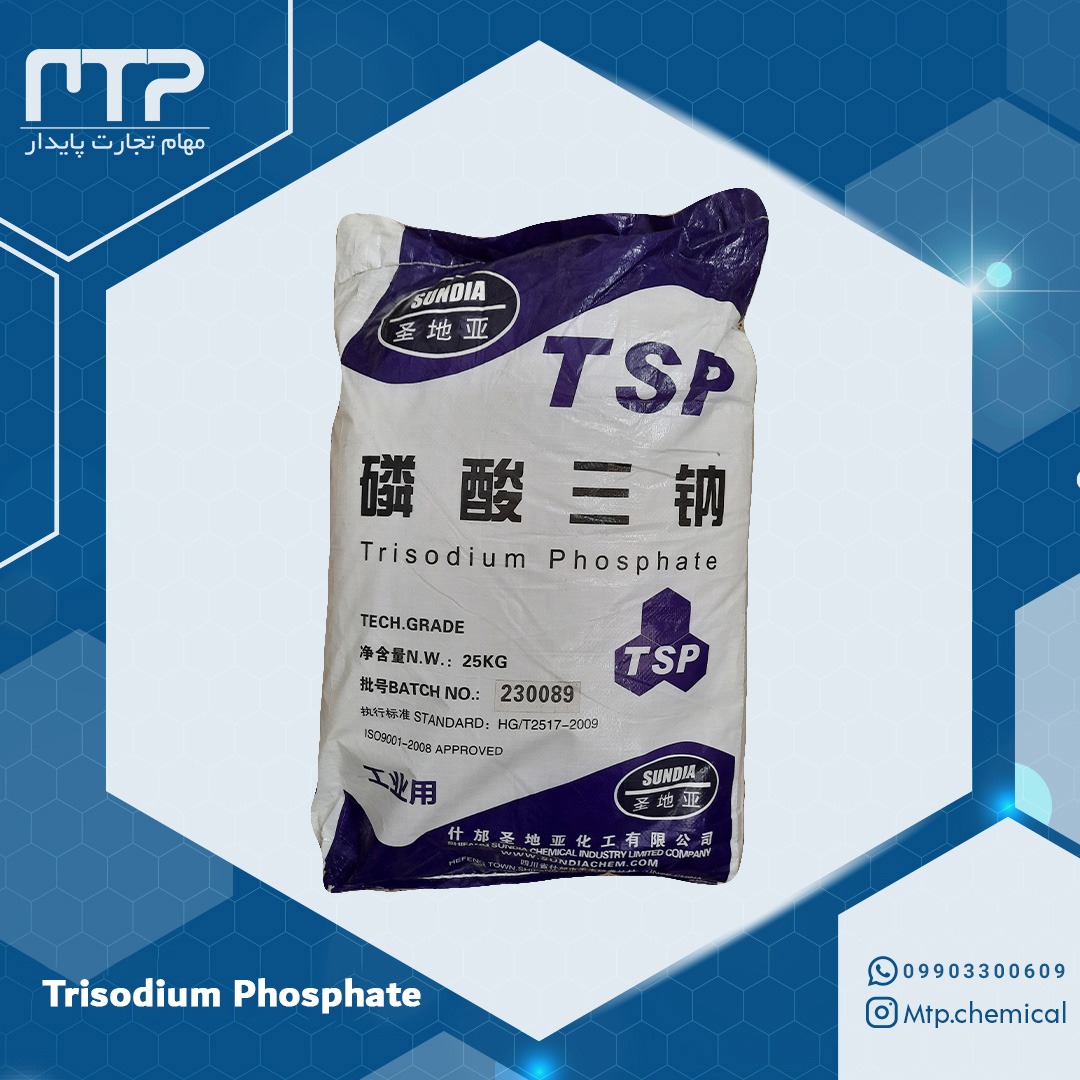
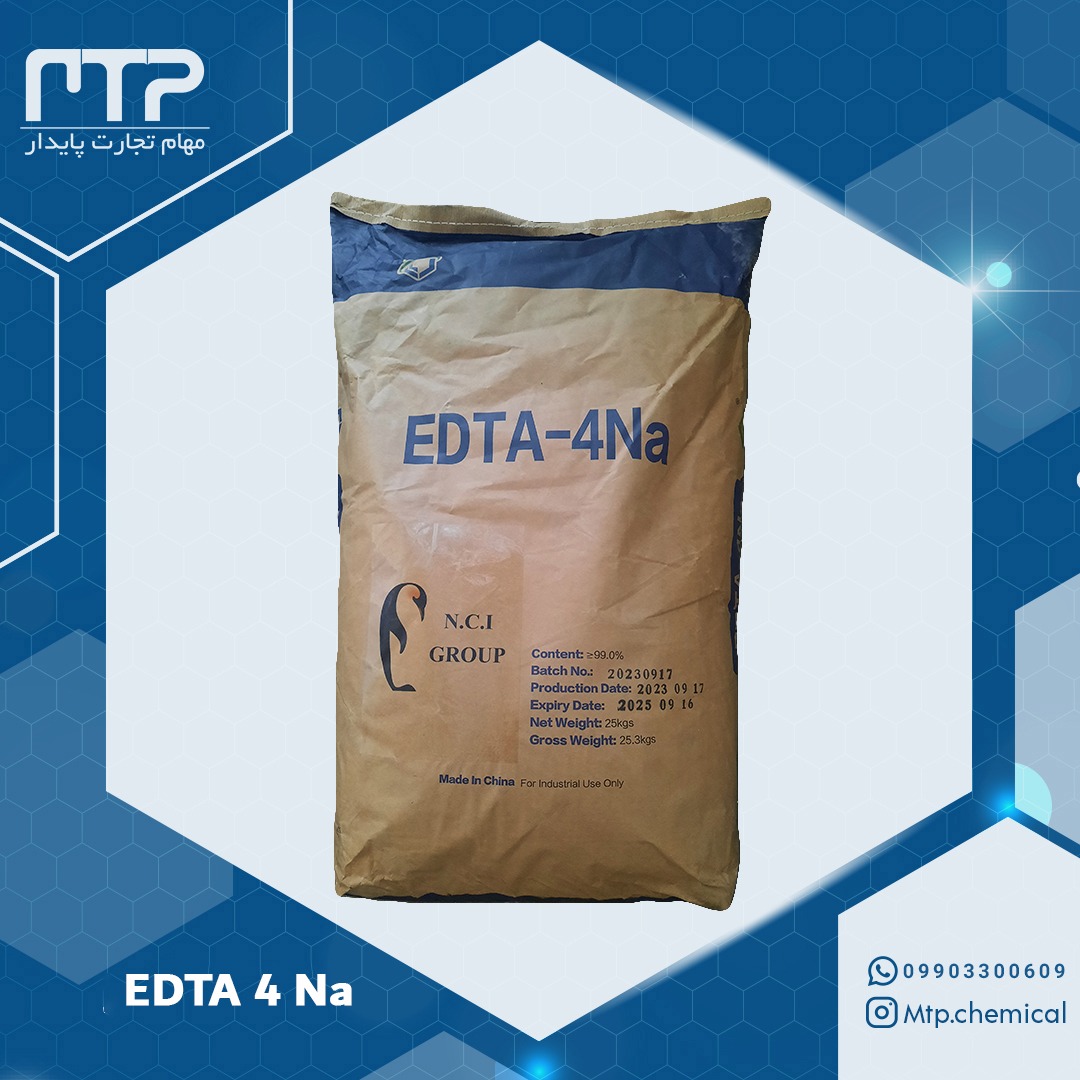
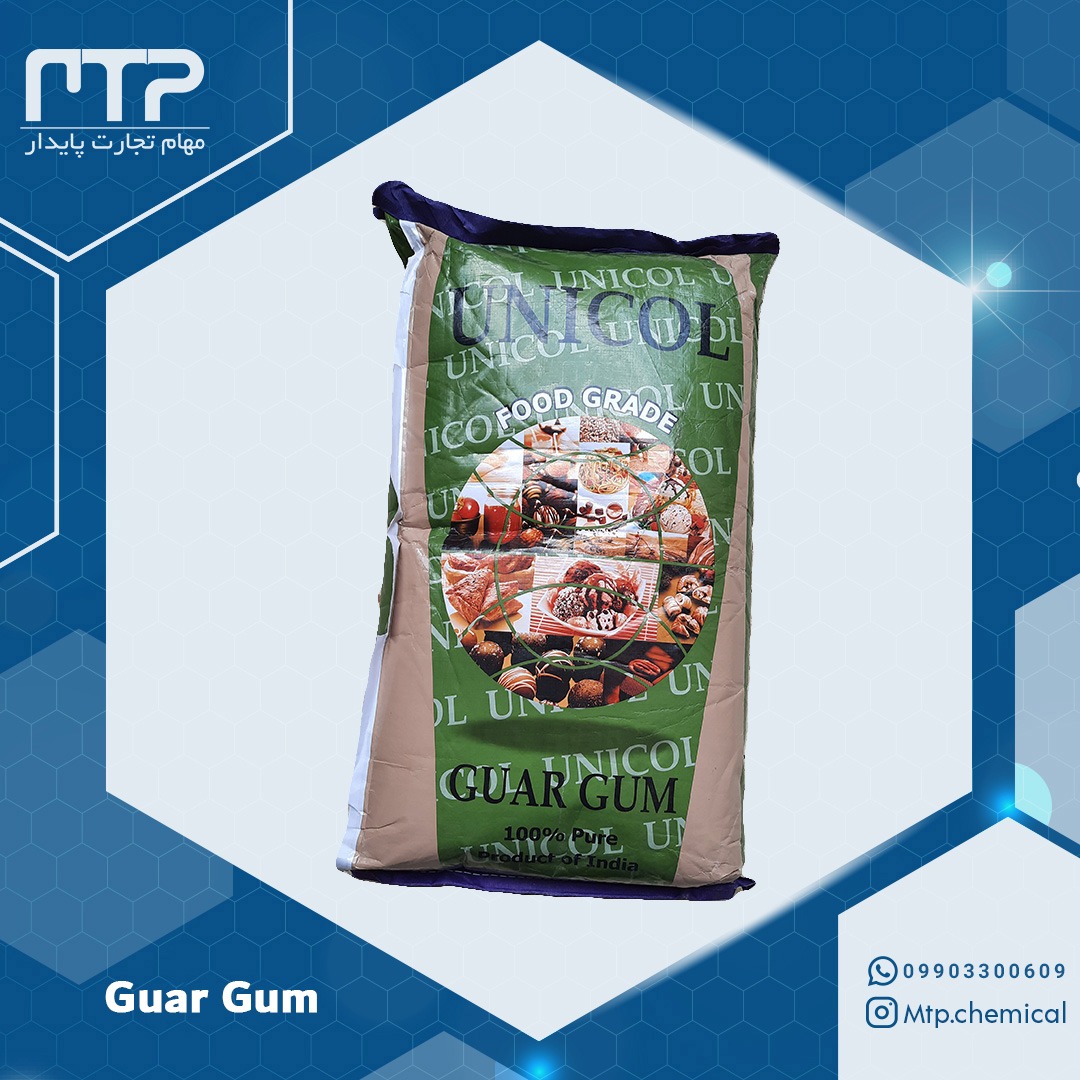
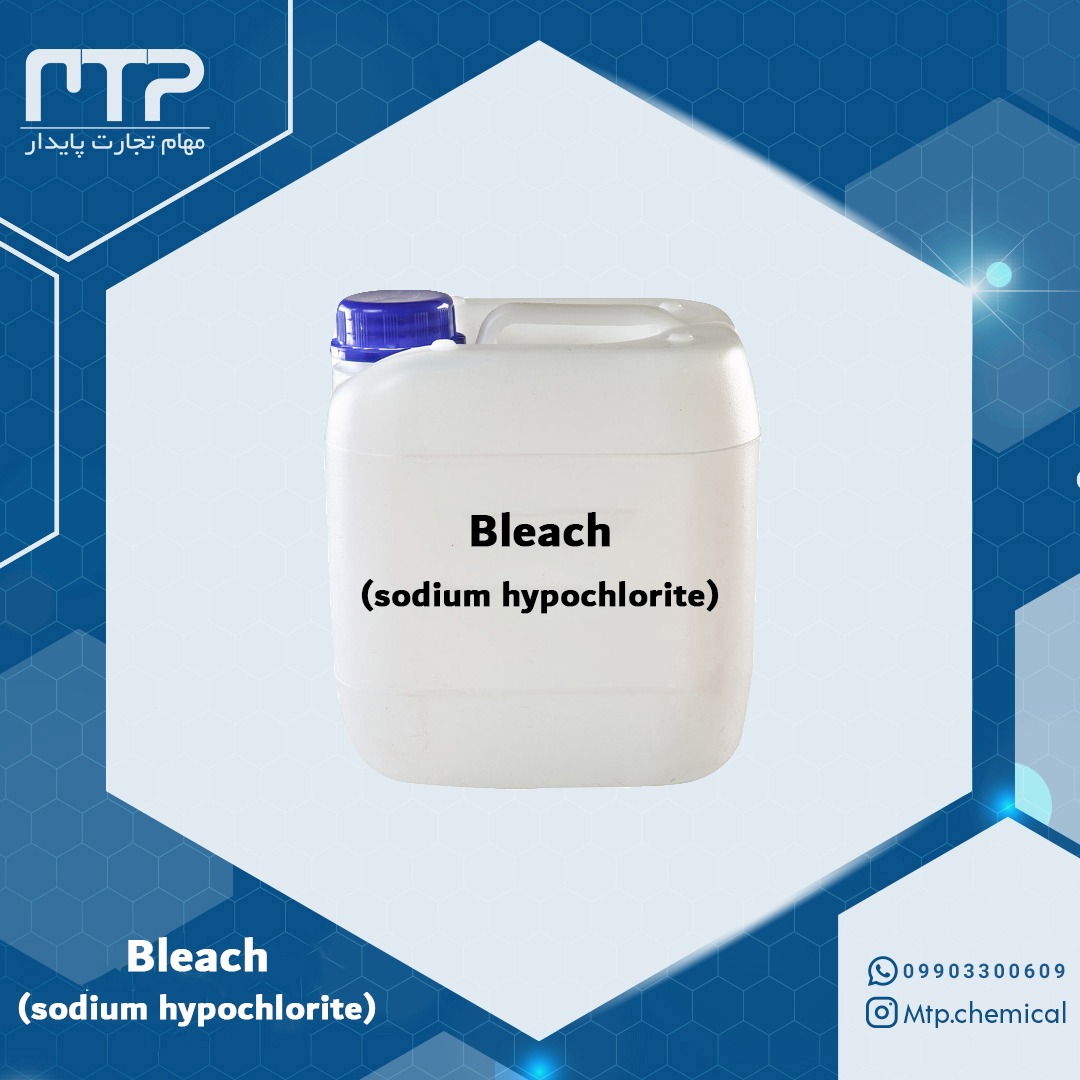
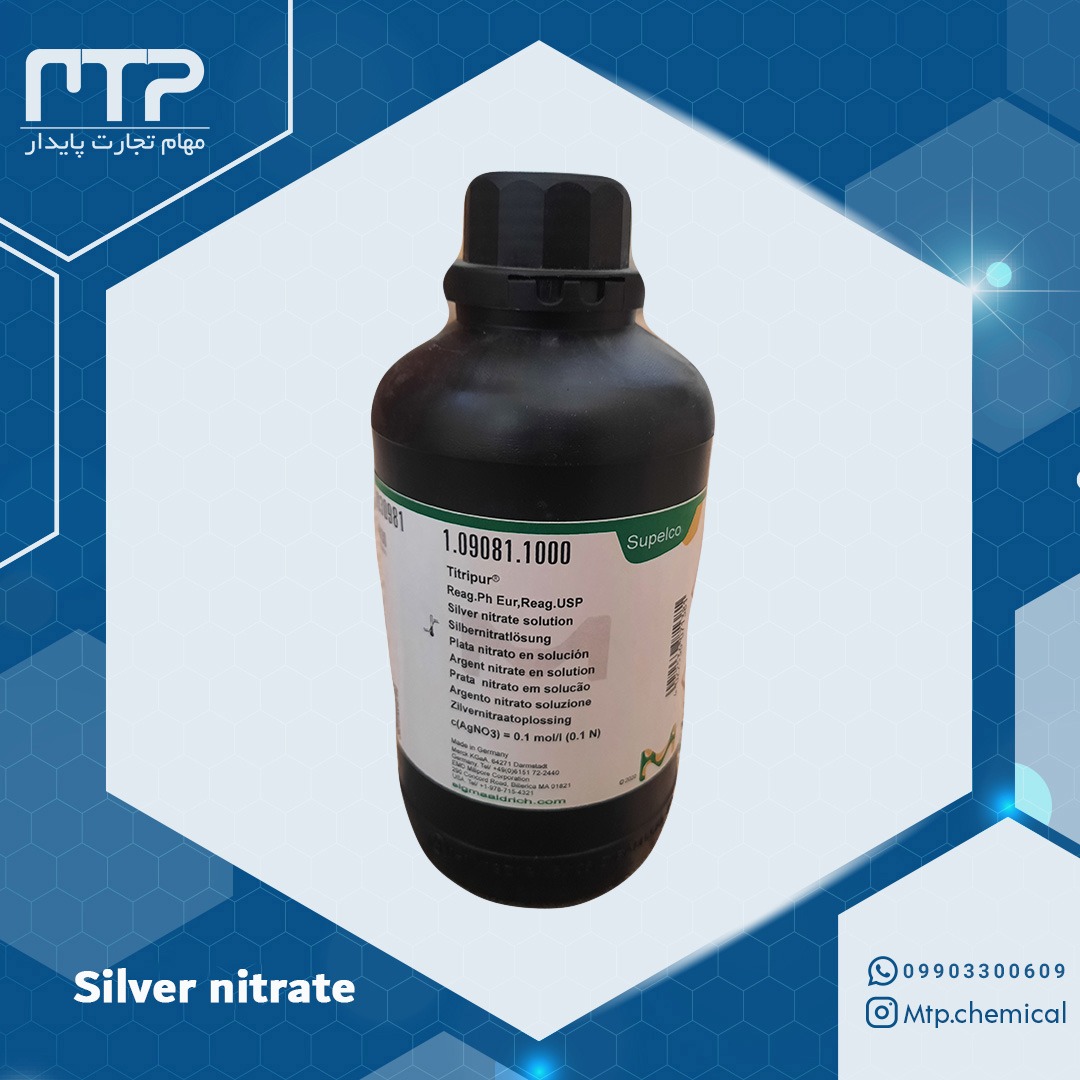
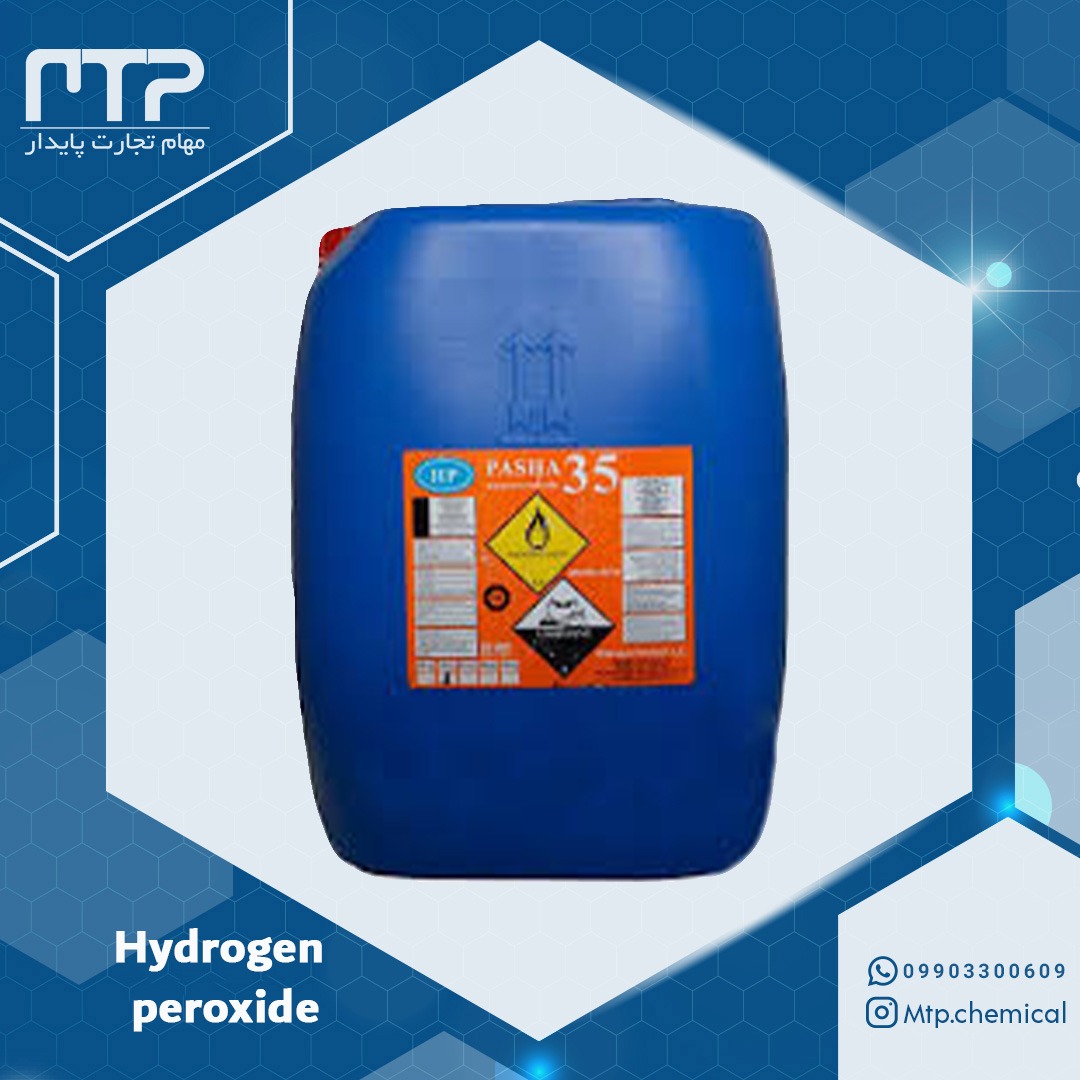
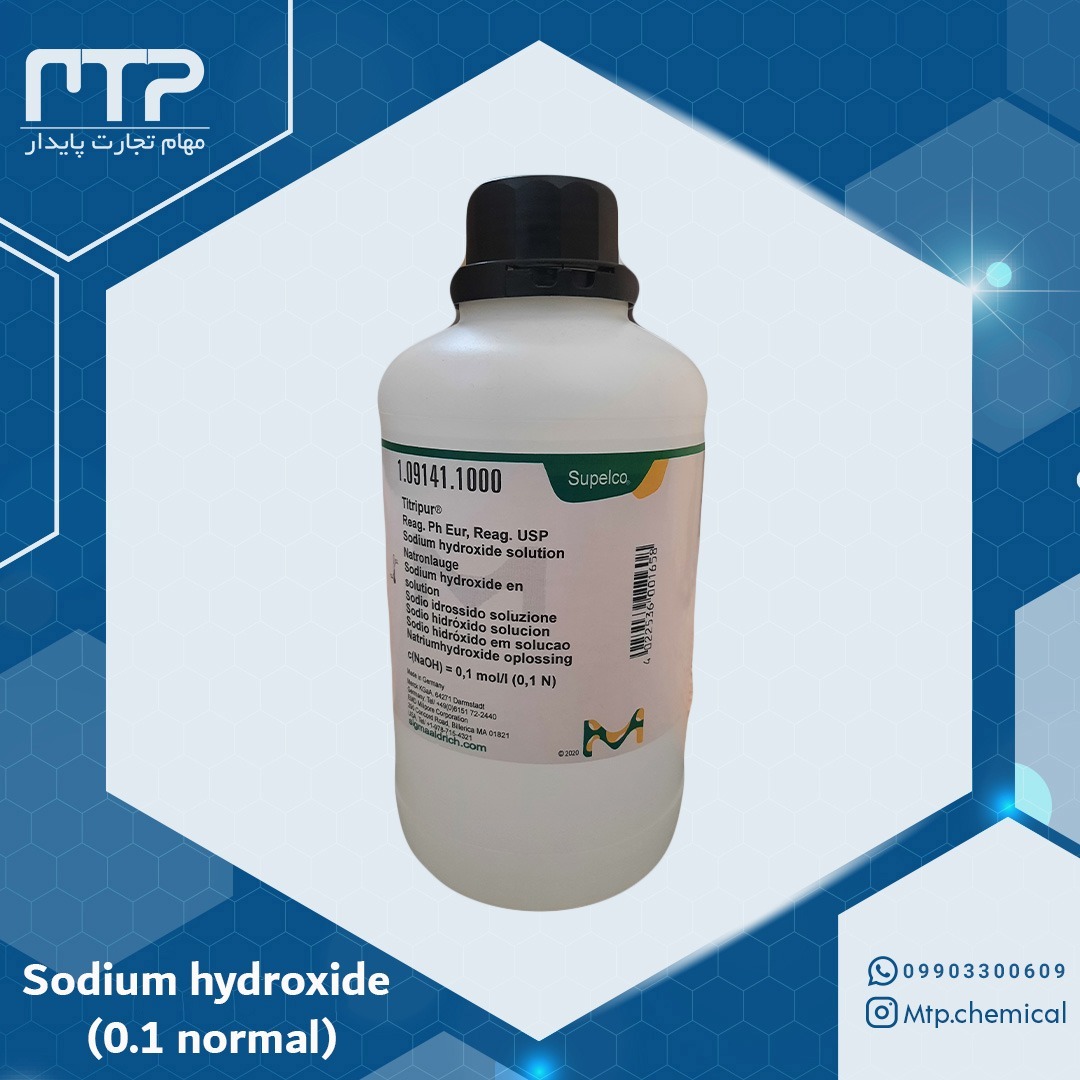
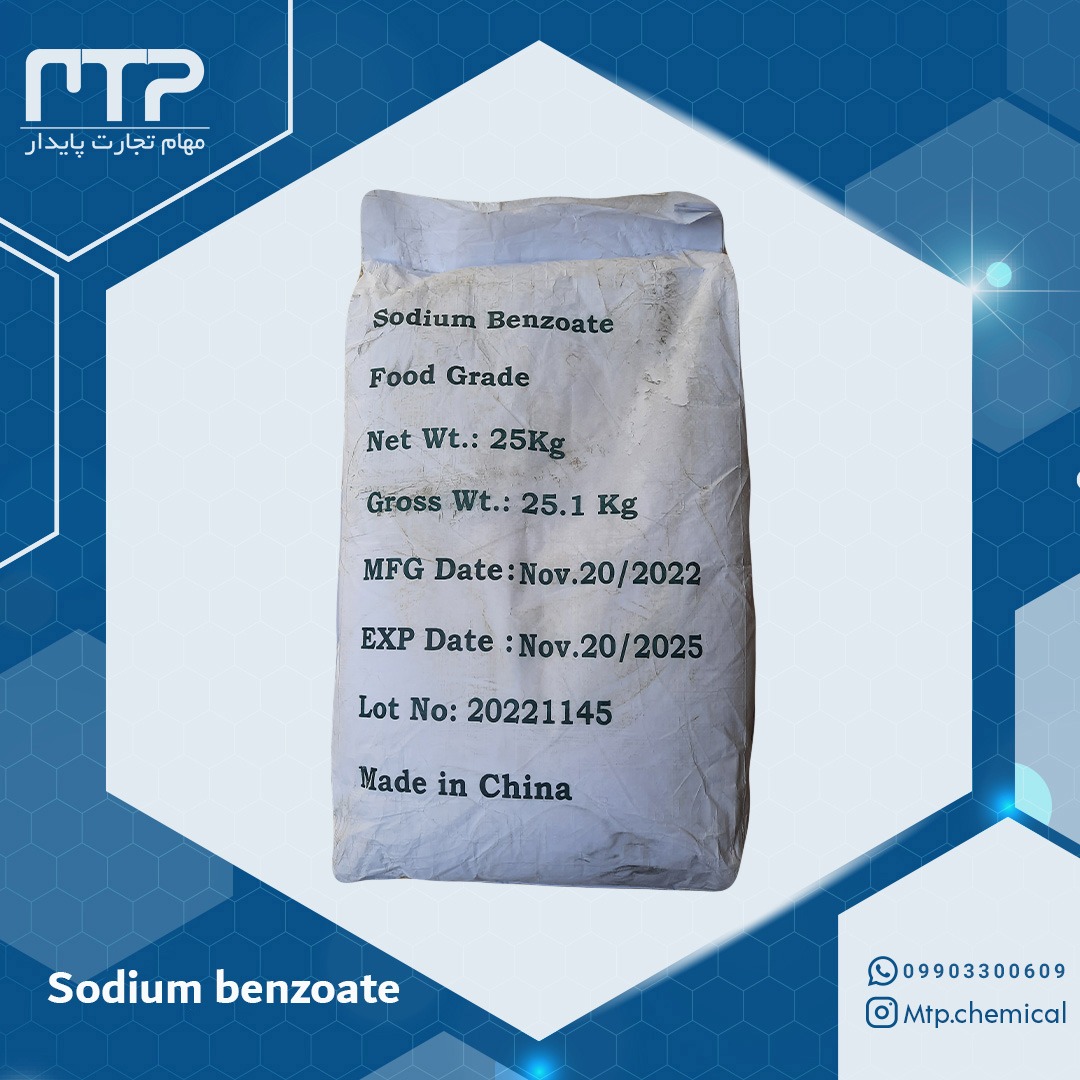
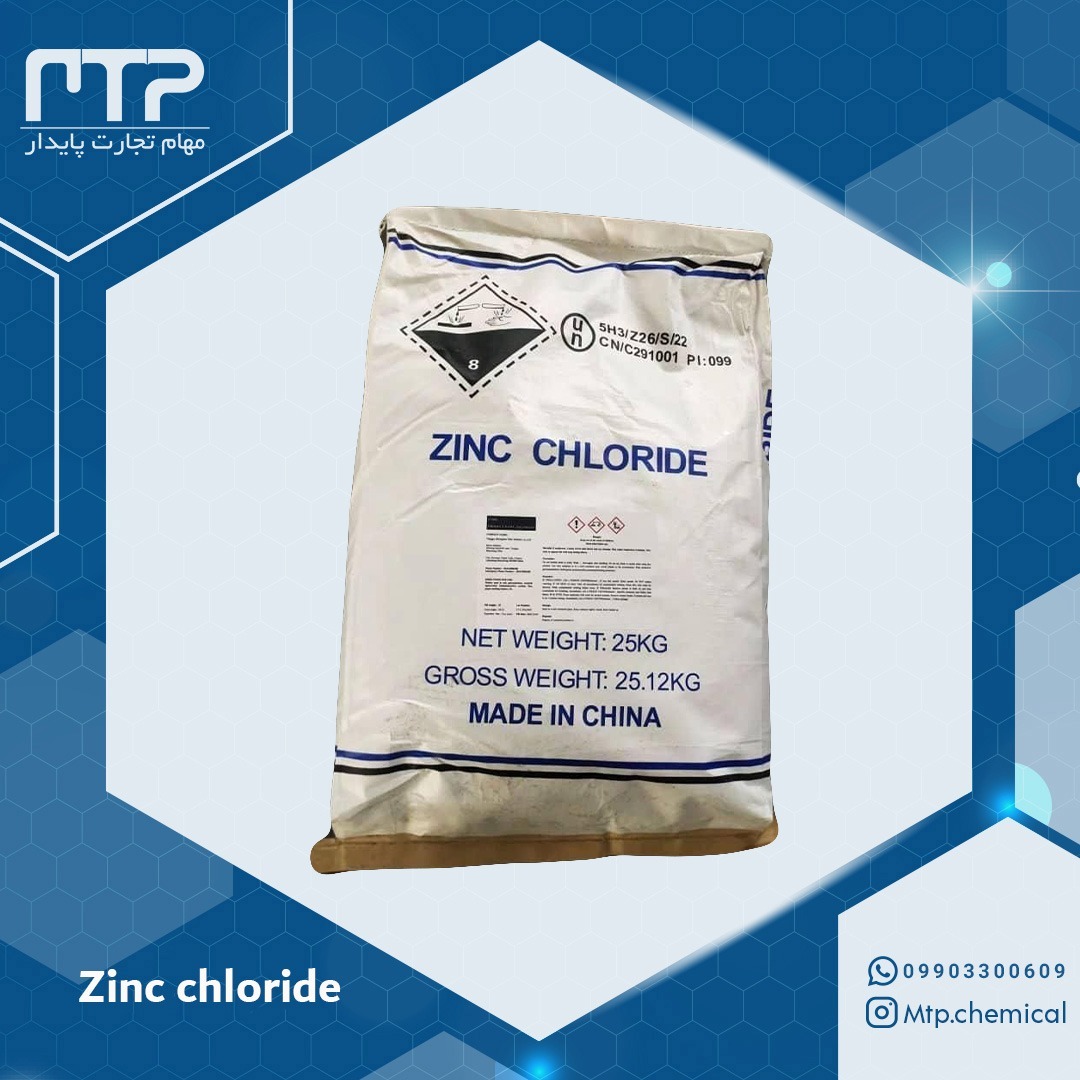
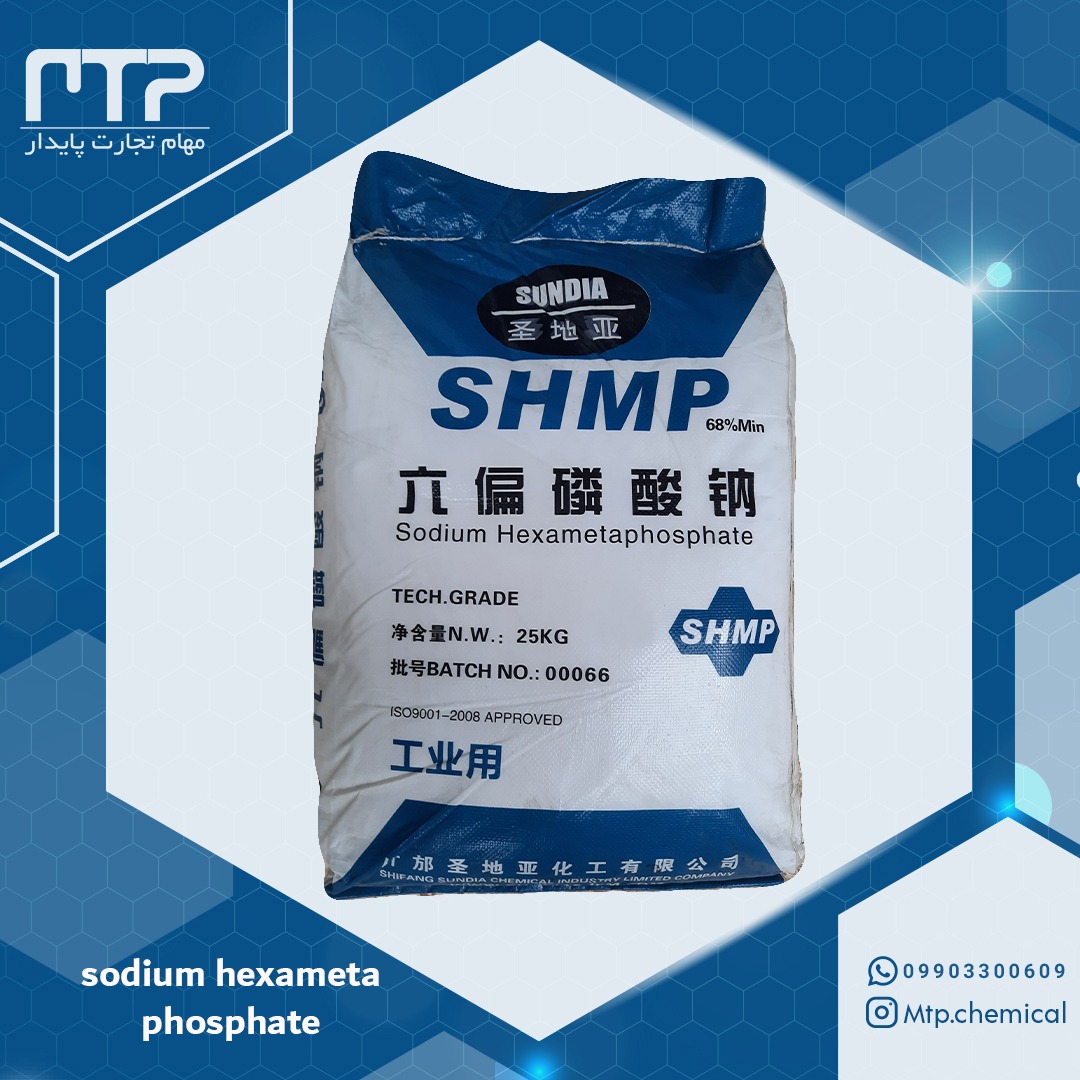
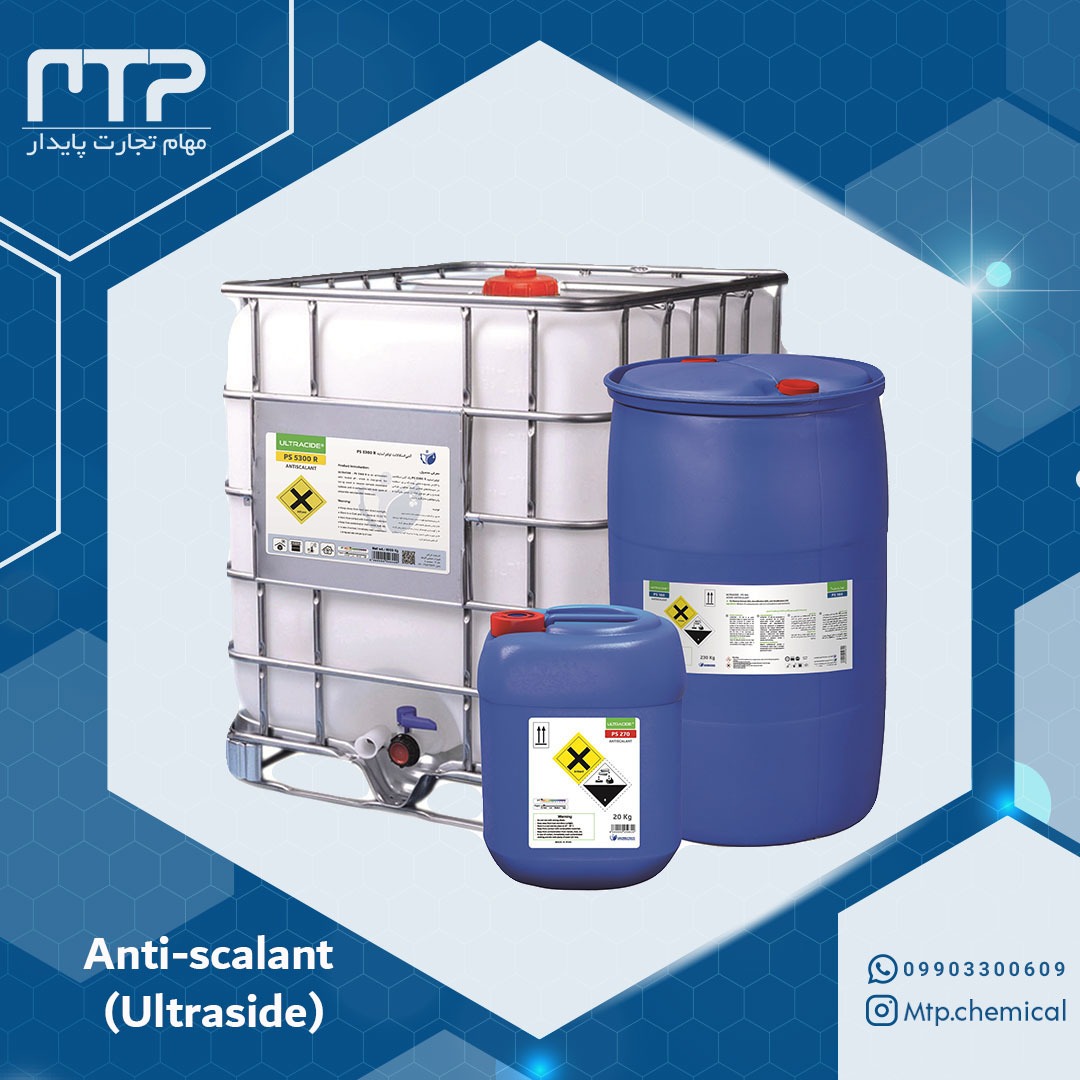
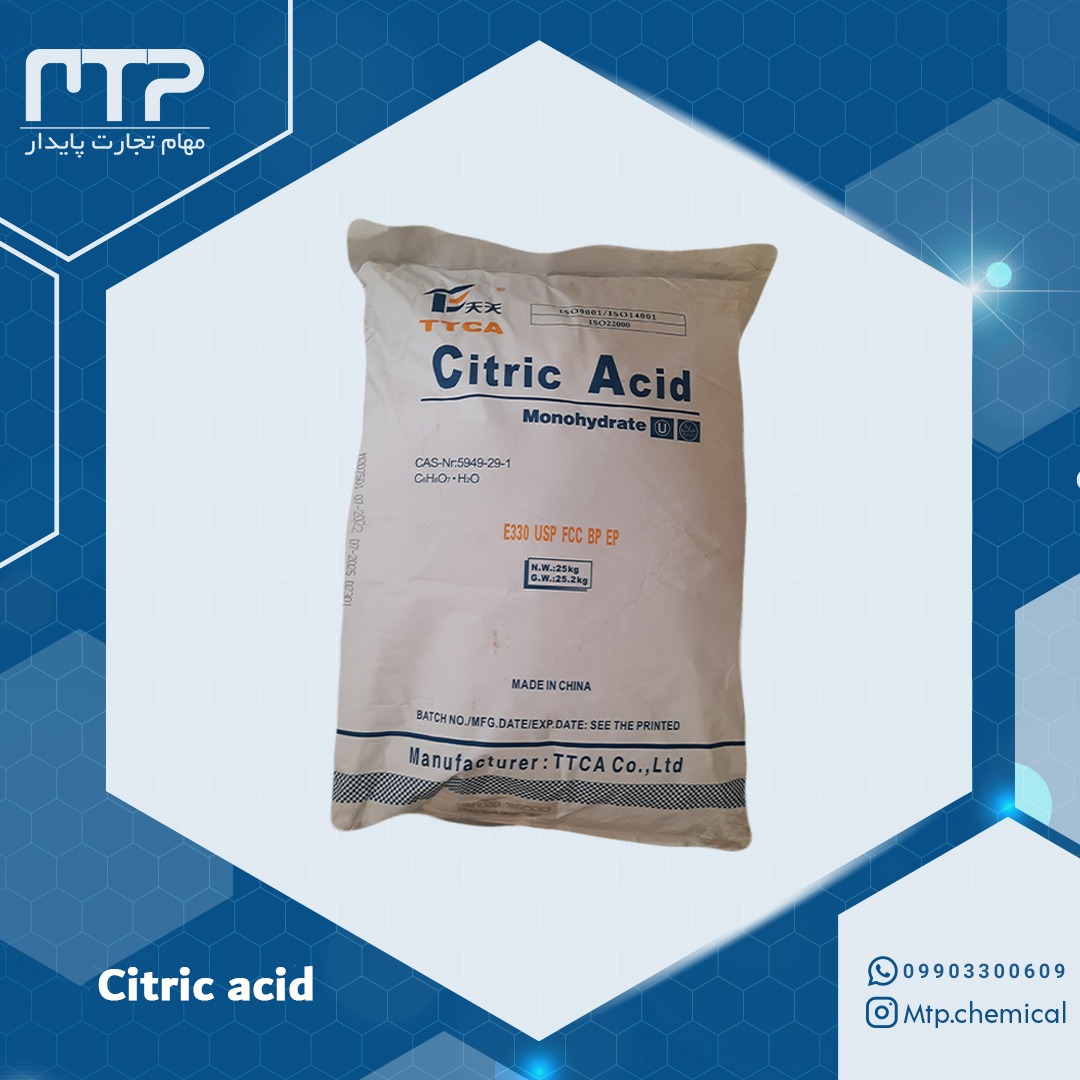
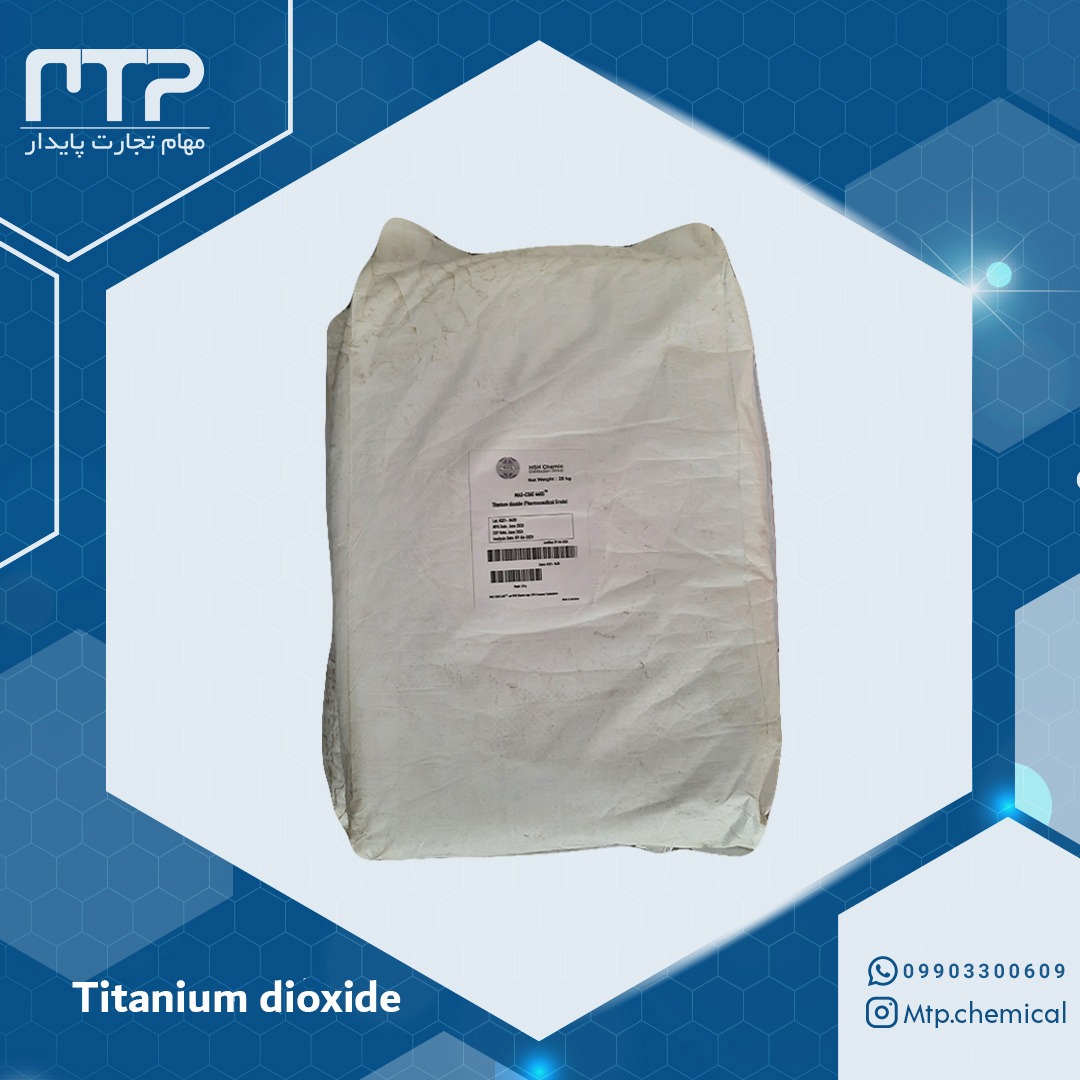
Reviews
There are no reviews yet.